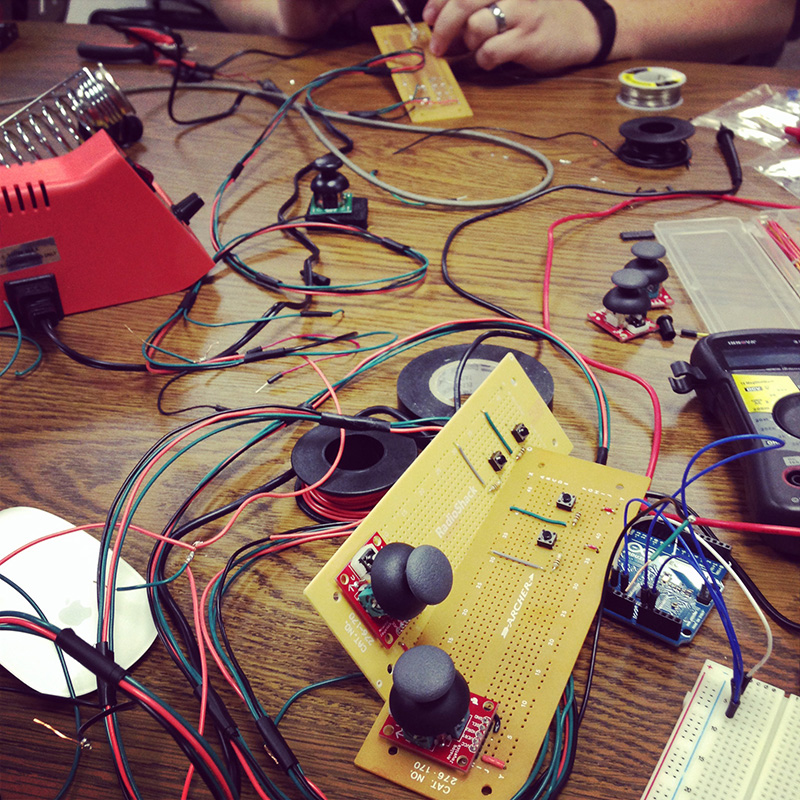“I believe that one of the greatest causes of the ecological
crisis is the state of personal alienation from nature in which
many people live. We lack a widespread sense of intimacy with the living world. Natural history has never been more popular in some ways, yet few people organize their lives around nature, or even allow it to affect them profoundly. our depth of contact is too often wanting…”
— Robert Pyle, Thunder Tree: Lessons from an Urban Wildland
An article in EurekAlert caught my eye this week when it mentioned something coined “the extinction of experience.” Specifically focusing on nature, the piece describes how our increasing disconnect from nature has contributed to the climate and biodiversity crises that we face today. A deeper connection to a thing leads to a stronger desire to protect and preserve it. Growing up in a city or suburb, closed off, indoors, does not engender that kind of connection, and leads to a lack of understanding about what must be done in order to protect and preserve that thing.
It’s easy to apply this idea to other areas of collapse in society, and the one that immediately leapt to my mind is the experience of making. Similar to nature, an engagement with making helps us connect in meaningful ways to the physical world. Listen to people describing their engagement with nature: it strongly parallels how we describe our engagement with making. Both experiences draw connections to encouraging flow-like states of mind. The extinction of “making” has, arguably, exacerbated the consumerist problems that we face today.
Through consumer culture, we lose our ability to connect to the world through the ritual of creation. More than that, we lose our ability to understand how the world around us works and leave that job to an elite few who are left to control and manipulate it as they see fit. The extinction of the making experience, in other words, leads to a lesser understanding of self and self-situated in a larger context.
If lack of experience leads to an extinction of the thing, then it must be the experience with that thing that creates a stronger sense of empathy and bonding toward it. By experiencing nature, or by engaging in the making process, we create personal experiences that connect us to the act and lead to understanding. One of the biggest problems I think we face is finding ways to re-connect people with these experiences so that they can find value and, ultimately, a desire to save the things that connect us to a reality grounded in a tangible engagement with the rest of the universe.

